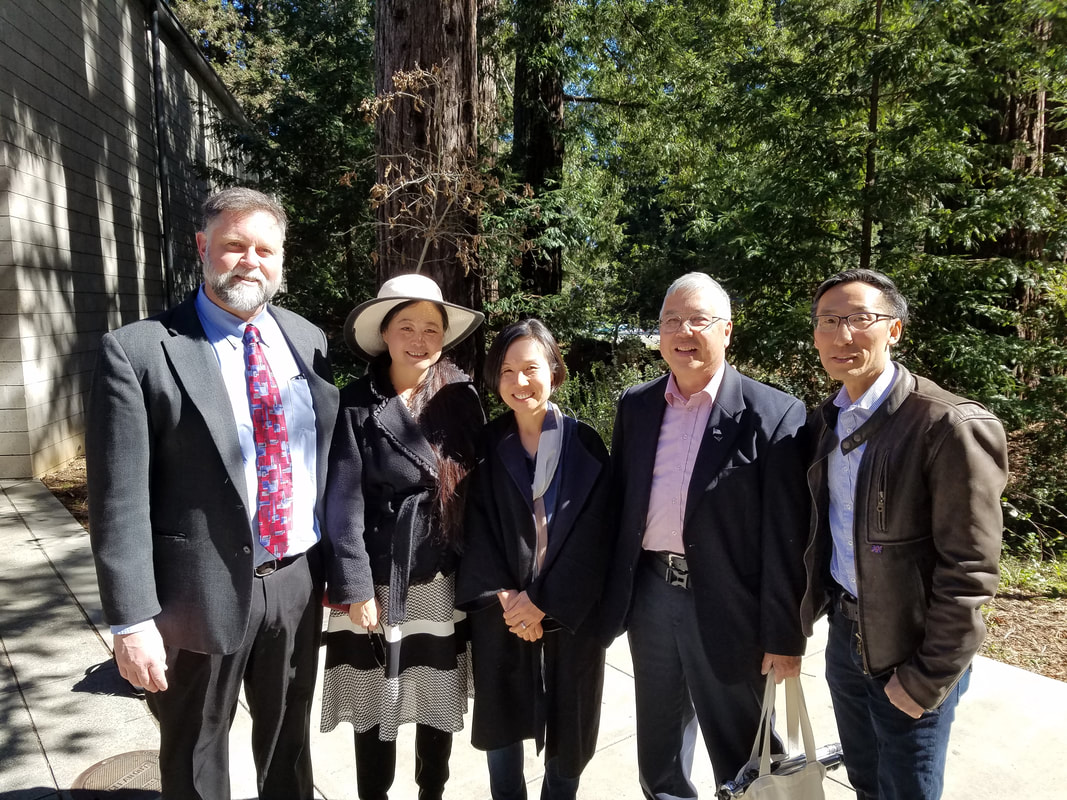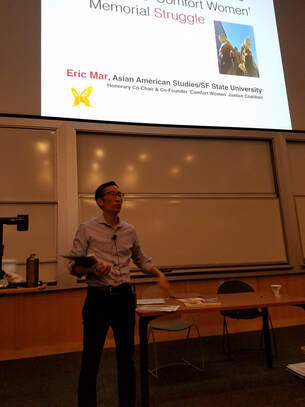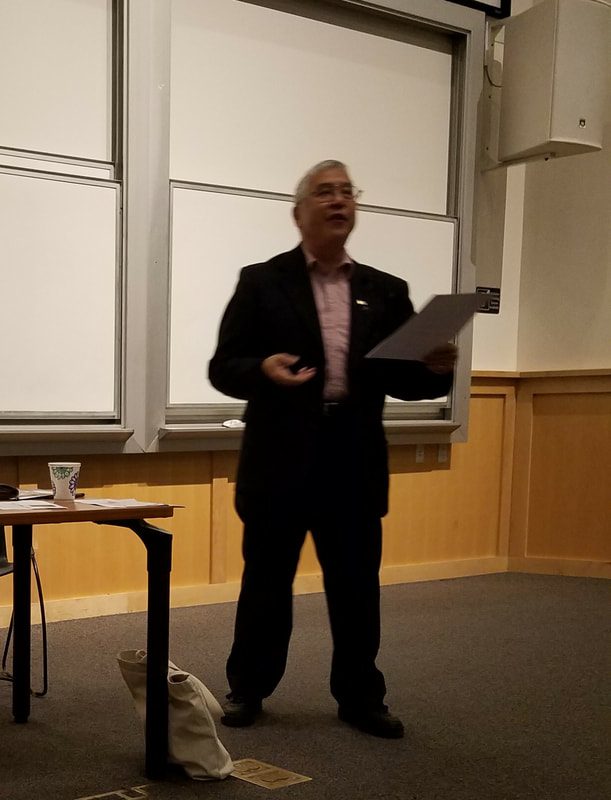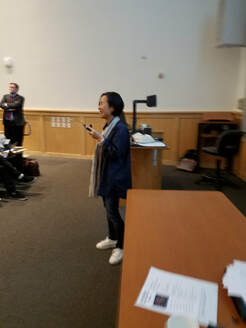|
The Seoul Metropolitan Government and Seoul National University Human Rights Center released footage capturing massacred Korean military sex slaves known as "comfort women" in Tengchong, part of China’s Yunnan province. This 19-second footage, which shows corpses of “comfort women” who have been raped and murdered, offers clear evidence that the Japanese Imperial Army slaughtered the victims towards the end of the war to conceal their crimes from The Daily Mail
A WWII video showing the dead bodies of dozens of Korean sex slaves who had been raped and killed by Japanese troops was released for the first time yesterday. The victims were killed by Japanese soldiers at a Chinese village in 1944, according to reports from Korean media. These sex slaves – euphemistically referred to as ‘comfort women’ – had been brought to China by the Japanese army during the war to work at military brothels. The release of the footage was significant at this time because the government of Japan attempts to bury the issue, an expert told MailOnline. Mainstream historians say up to 200,000 women were forced to work in Japanese military brothels around Asia from 1932 until the end of World War II. The sex slaves were mostly from Korea. But many were also from China and South-east Asian countries. According to Korea Times, the never-before-seen footage was taken on September 15, 1944, in Tengchong, China’s Yunnan Province. The Japanese army invaded the area in May 1944 and lost their battle against the American and Chinese armies on September 13. Apparently, the sex slaves were killed by the Japanese on the last day of the battle. The shocking footage was released during a conference on sex slavery organized by the city government of Seoul, the capital of South Korea. In the 19-second clip, a soldier said to be Chinese, could be seen taking a sock off a naked corpse. In another part of the video, smoke appears to rise from a large pile of dead bodies. The footage was discovered last year by a group of Korean scholars in American National Archives and Records Administration, reported Seoul-based Arirang News. According to the same report, more than 70 Korean women were brought to Tengchong by the Japanese troops. Only 23 of them survived after the American and Chinese armies won the battle. Kang Sung-hyun, a professor at Sungkonghoe University in Seoul, is quoted by Korea Herald as he commented on the significance of the footage. ‘This video shows the situation and reality Korean comfort women faced at the end of the war at a time when the Japanese government denies the killing of comfort women by Japanese troops.’ Park Won-soon, the Mayor of Seoul, is quoted saying: ‘We know all too well we shouldn’t repeat this tragic history and one part of remembering it is documenting it.’ Hiroka Shoji, a researcher at the Amnesty International, said the video was published at crucial timing because Japan is yet to provide full and effective reparation to any individual who has suffered harm as the direct result of its military sexual slavery system. Researcher Shoji told MailOnline: ‘The Japanese government has made a prolonged and determined effort to hide behind its legal position on the issue. ‘Japan has continued to insist that any obligation to provide reparation was settled in the 1951 San Francisco Peace Treaty and other bilateral peace treaties and arrangements. ‘This standing point has negatively impacted Japan’s relation with countries with survivors of Japan’s military sexual slavery system, including South Korea and China.’ The plight of the ‘comfort women’ is a hugely emotional issue that has for decades marred ties between Japan and its neighbors, South Korea and China. In 2015, Tokyo and Seoul agreed to settle the contentious issue through a landmark deal. Japanese Prime Minister Shinzo Abe issued an apology and agreed to create a £6.7 million (1 billion yen) foundation to help provide support for the victims. A statement by both countries’ foreign ministers said Prime Minister Shinzo Abe ‘expresses anew his most sincere apologies and remorse to all the women who underwent immeasurable and painful experiences and suffered incurable physical and psychological wounds as comfort women’. According to researcher Shoji, the 2015 bilateral agreement between Tokyo and Seoul included a provision that the South Korean government should never again raise the issue and that a Peace Monument in Seoul commemorating the survivors of the military sexual slavery system be removed. ‘Acknowledging these crimes under international law, and factually recording them in histories for future generations is an important step to ensure non-repetition and end impunity for crimes of sexual violence committed during armed conflicts,’ said researcher Shoji. Last December, Seoul expressed doubts over the 2015 deal with Japan because of an election pledge made by the new government of President Moon Jae-In. President Moon promised to review the unpopular agreement – arranged by his now-jailed predecessor Park Geun-Hye.
0 Comments
|
CategoriesCategories |
Proudly powered by Weebly





 RSS Feed
RSS Feed